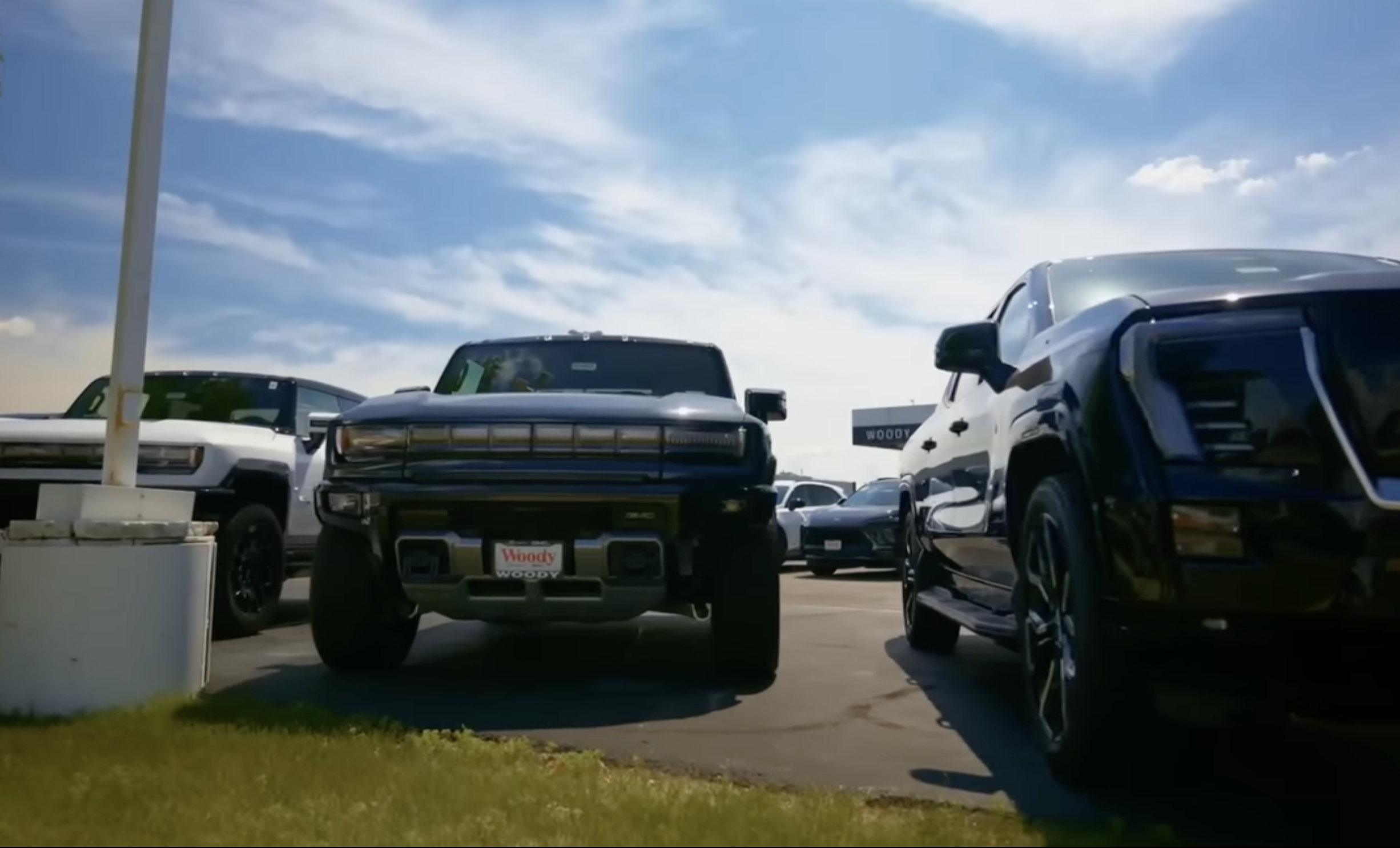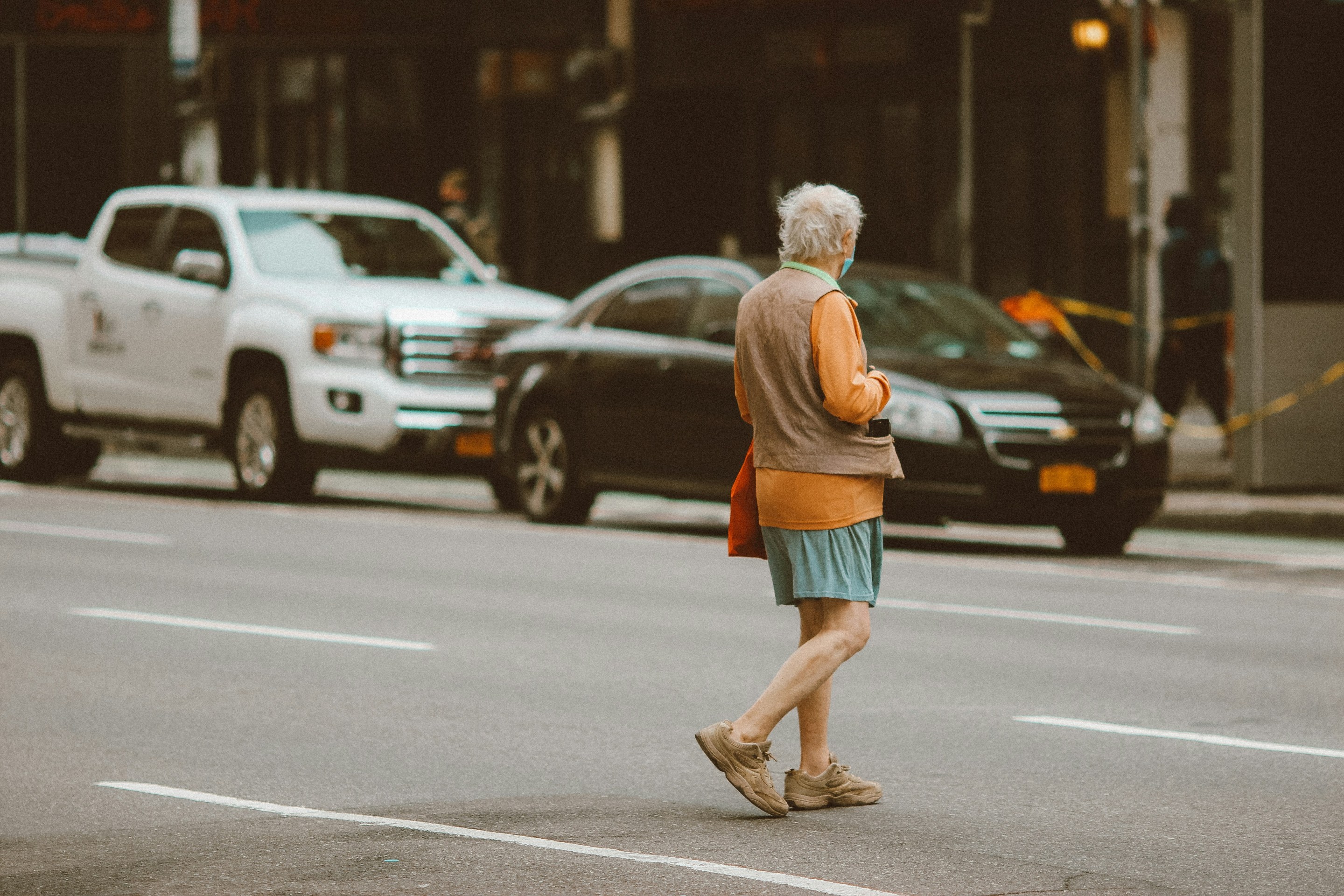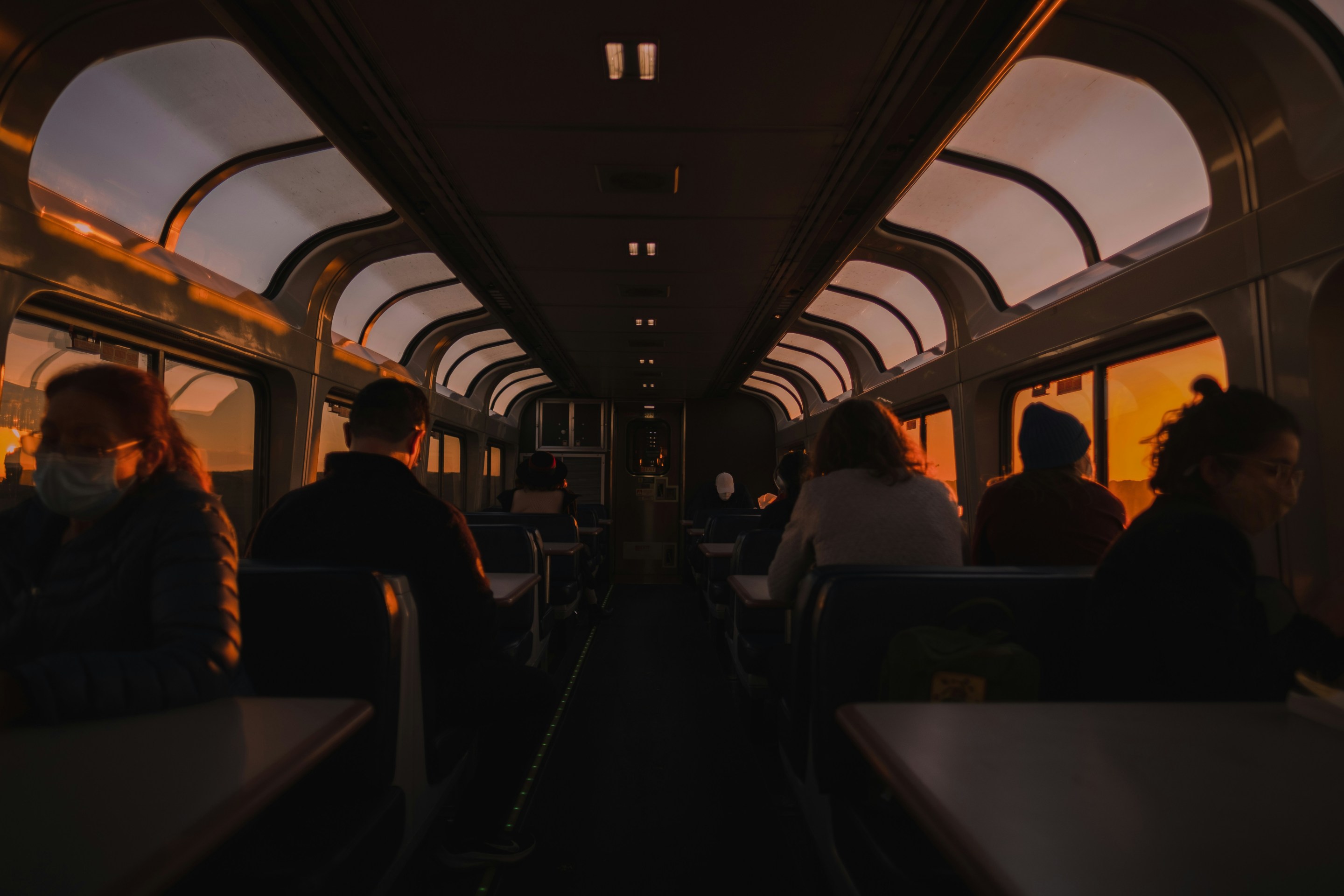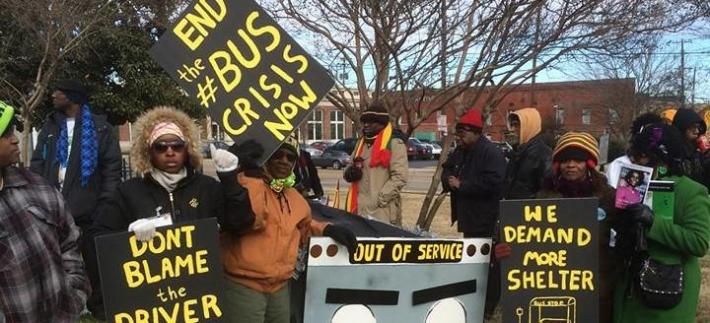
Memphis's transit system is in crisis.
For a long time, the Memphis Area Transit Authority redirected funds intended for repairing buses and trolleys to instead pay drivers and buy gas. Now the jig is up. A handful of buses as well as two of the city's historic trolleys have actually caught fire in recent years.
According to MATA CEO Ron Garrison, the system is "on the verge of collapse."
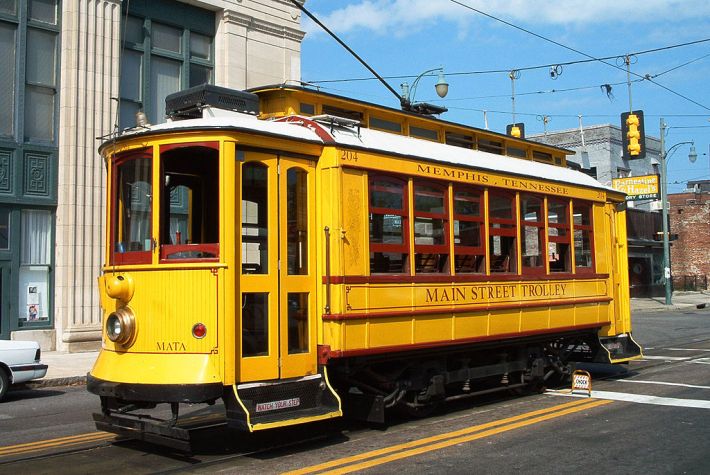
The city's historic trolleys -- which mainly serve tourists in the downtown area -- were shut down two years ago after those fires. What followed was an all-hands-on-deck effort to restore trolley service, which is a "prize possession" of downtown developers, says Bennett Foster of the Memphis Bus Riders Union. Political leaders quickly pieced together $32 million in local, state, and federal funding to restore trolley service. Two replacement trolleys have been purchased.
But will local leaders come through for the people who rely on bus service to get to work and go about their day?
Memphis Mayor Jim Strickland says that without an additional $7 million a year in operating funds from the city, plus $5 million to repair 11 buses, major cuts are coming. At the same time, the city is dealing with a number of other budget pressures, including as much as $10 million in additional annual spending for police pensions. Ultimately, the decision rests with City Council in upcoming budget negotiations.
If MATA's budget gap isn't closed, the agency will cut service 17 percent -- a devastating possibility for the riders who depend on it. People make about 30,000 daily trips on Memphis's transit system, which doesn't have much fat to be trimmed.
For those passengers, the bus is essential. According to a survey by the Bus Riders Union, 60 percent of riders make less than $18,000 a year, and almost all of them lack access to a car. The vast majority -- 90 percent -- are black.
The city's political class, however, doesn't seem too eager to address Memphis's transit problems, say Bus Riders Union members. "The City has its focus on downtown and gentrification to attract certain people, but what about those who need transportation to get to jobs or the grocery store?" said MBRU co-chair Cynthia Bailey in a statement. "Tourists come and go. What about the people who keep this city moving?"
